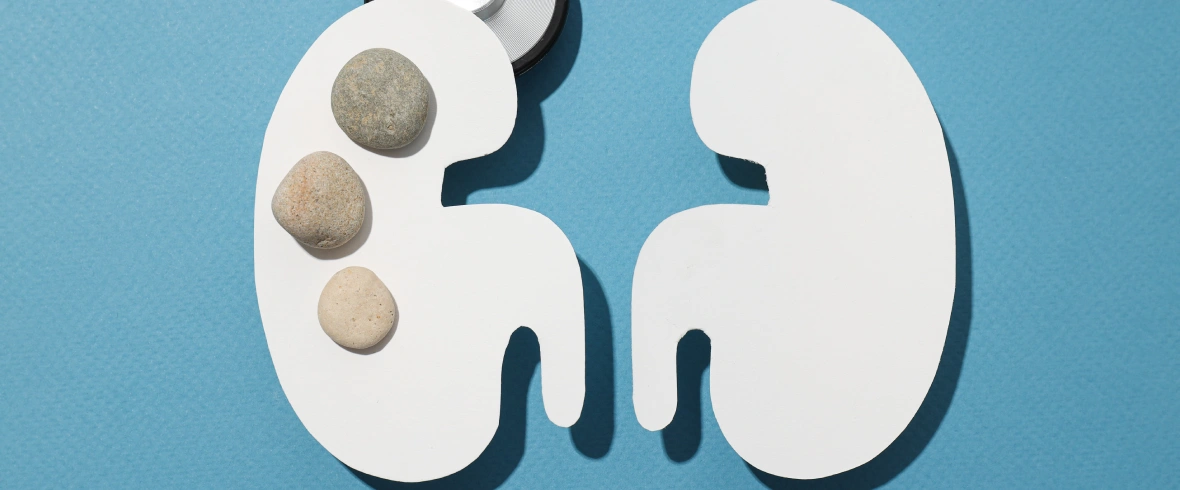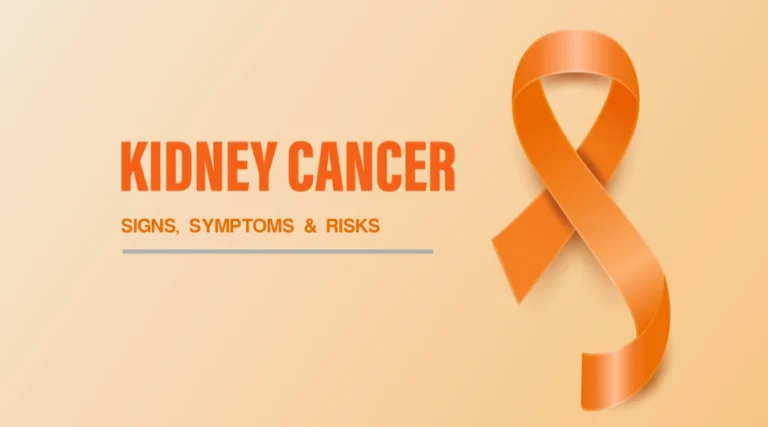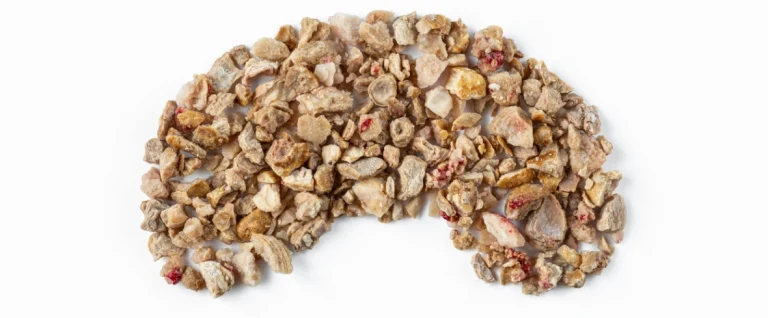Here’s What You Need to Know
Kidney stones are more than just a painful nuisance. If left untreated, they can pose serious health risks. As a practicing urologist in Navi Mumbai, I frequently encounter patients at my clinics in Panvel, Kharghar, and Vashi who are unaware of the potential dangers kidney stones can bring. Let’s break down what makes kidney stones a condition you should never ignore.
What Are Kidney Stones?
Kidney stones, also known as renal calculi, are hard mineral and salt deposits that form inside your kidneys. These stones can vary in size from a grain of sand to as large as a golf ball and may stay in the kidney or travel down the urinary tract.
Common Symptoms of Kidney Stones
- Sharp pain in the back, side, lower abdomen, or groin
- Pain during urination
- Blood in the urine (hematuria)
- Nausea or vomiting
- Frequent urge to urinate
- Cloudy or foul-smelling urine
If you notice any of these symptoms, especially pain and blood in the urine, it’s critical to consult a kidney stone doctor immediately.
Are Kidney Stones Dangerous?
Yes, they can be. While small stones often pass on their own, larger stones can:
- Block the flow of urine, leading to swelling and pain
- Cause recurring urinary tract infections (UTIs)
- Lead to permanent kidney damage if left untreated
- Create a breeding ground for bacteria, resulting in sepsis—a life-threatening infection
In rare cases, untreated kidney stones can even lead to kidney failure.
What Causes Kidney Stones?
Understanding what causes kidney stones helps in prevention:
- Low water intake
- High sodium diets
- Excessive intake of oxalate-rich foods like spinach and nuts
- Certain medical conditions, like gout or urinary tract infections
- Genetics—yes, kidney stones can be hereditary
Diagnosis of Kidney Stones
Early detection can make all the difference. We use:
- Ultrasound or CT scans to locate the stone
- Urine tests to check for infection or crystals
- Blood tests to monitor kidney function and detect abnormalities
Treatment Options for Kidney Stones in Navi Mumbai
Depending on size, location, and severity, treatment options include:
- Increased fluid intake for smaller stones
- Medications to relieve pain and help pass the stone
- Shock Wave Lithotripsy (SWL): Breaks stones using sound waves
- Ureteroscopy (URS): Uses a thin scope to remove or break stones
- Percutaneous Nephrolithotomy (PCNL): For very large or complex stones
- Laser Kidney Stone Removal: A minimally invasive option gaining popularity
Can Kidney Stones Be Prevented?
Absolutely. Here’s how:
- Stay hydrated—drink at least 3 liters of water daily
- Limit salt and animal protein intake
- Avoid oxalate-rich foods if you’re prone to calcium oxalate stones
- Get regular checkups if you’ve had stones before
Real-Life Case from Curology Clinic
A patient named Mr. Rakesh Mhatre came to our clinic with severe urinary discomfort. Tests revealed multiple kidney stones, and we opted for laser kidney stone surgery. He recovered swiftly, and follow-ups have shown no recurrence, thanks to lifestyle changes and regular hydration.
FAQs
Final Thoughts from Dr. Ajinkya Patil
If you’re dealing with persistent pain or have a history of kidney stones, don’t wait. Early diagnosis and expert care can prevent complications. Visit Curology Clinic at Panvel, Vashi, or Kharghar to discuss your symptoms and treatment options.





Leave a Comment